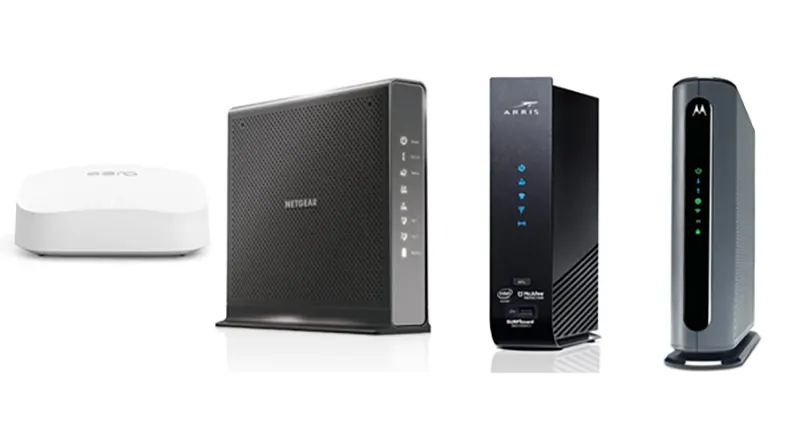How the Five Types of Cybersecurity Help Defend Against Cyber Threats
In today’s digital age, the threat of cyber attacks looms large. From individual hackers to well-funded organized cybercriminal groups, the risks posed to individuals and organizations are very real. It is vital to implement robust cybersecurity measures to protect against these threats. One effective approach is to utilize the five types of cybersecurity to create a multi-layered defense strategy.
1. Network Security
Network security involves securing the organization’s network infrastructure to prevent unauthorized access, data breaches, and other cyber threats. By implementing firewalls, intrusion detection systems, and virtual private networks (VPNs), organizations can establish a secure perimeter around their network, making it harder for hackers to infiltrate.
2. Endpoint Security
Endpoint security focuses on securing individual devices such as laptops, desktops, and mobile devices that connect to the network. By deploying antivirus software, encryption tools, and remote monitoring capabilities, organizations can protect their endpoints from malware, phishing attacks, and other … Continue reading >>>











